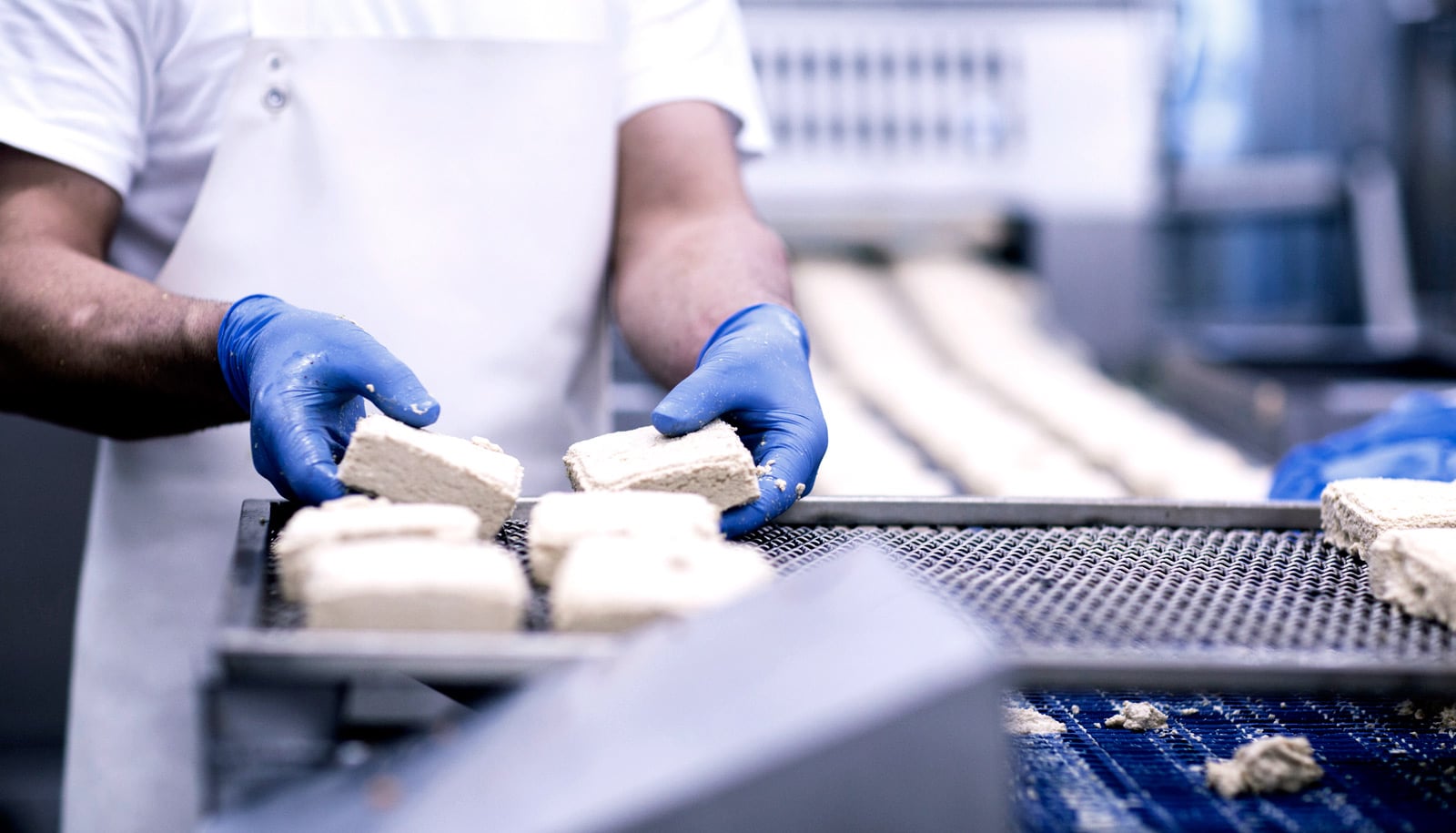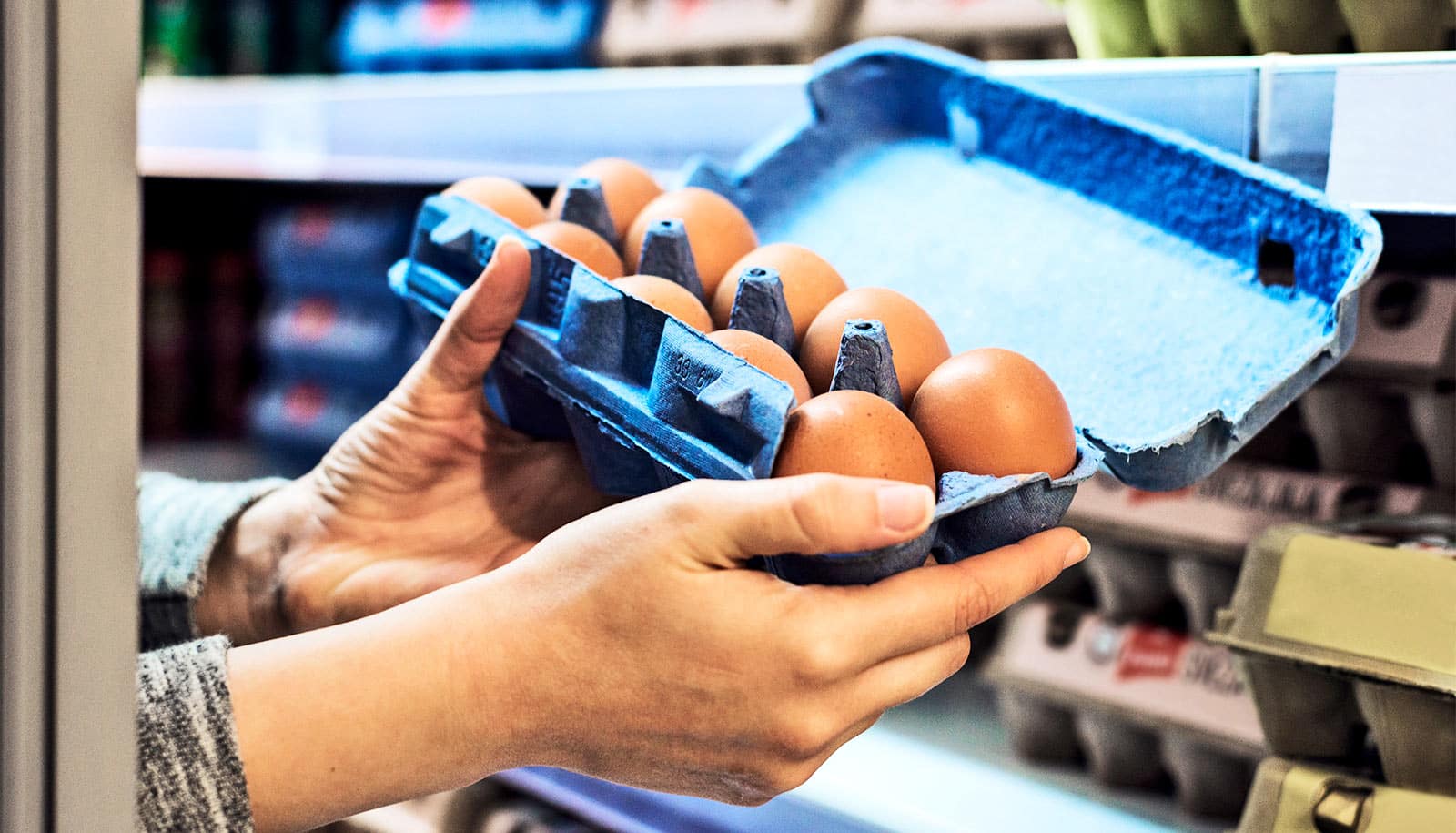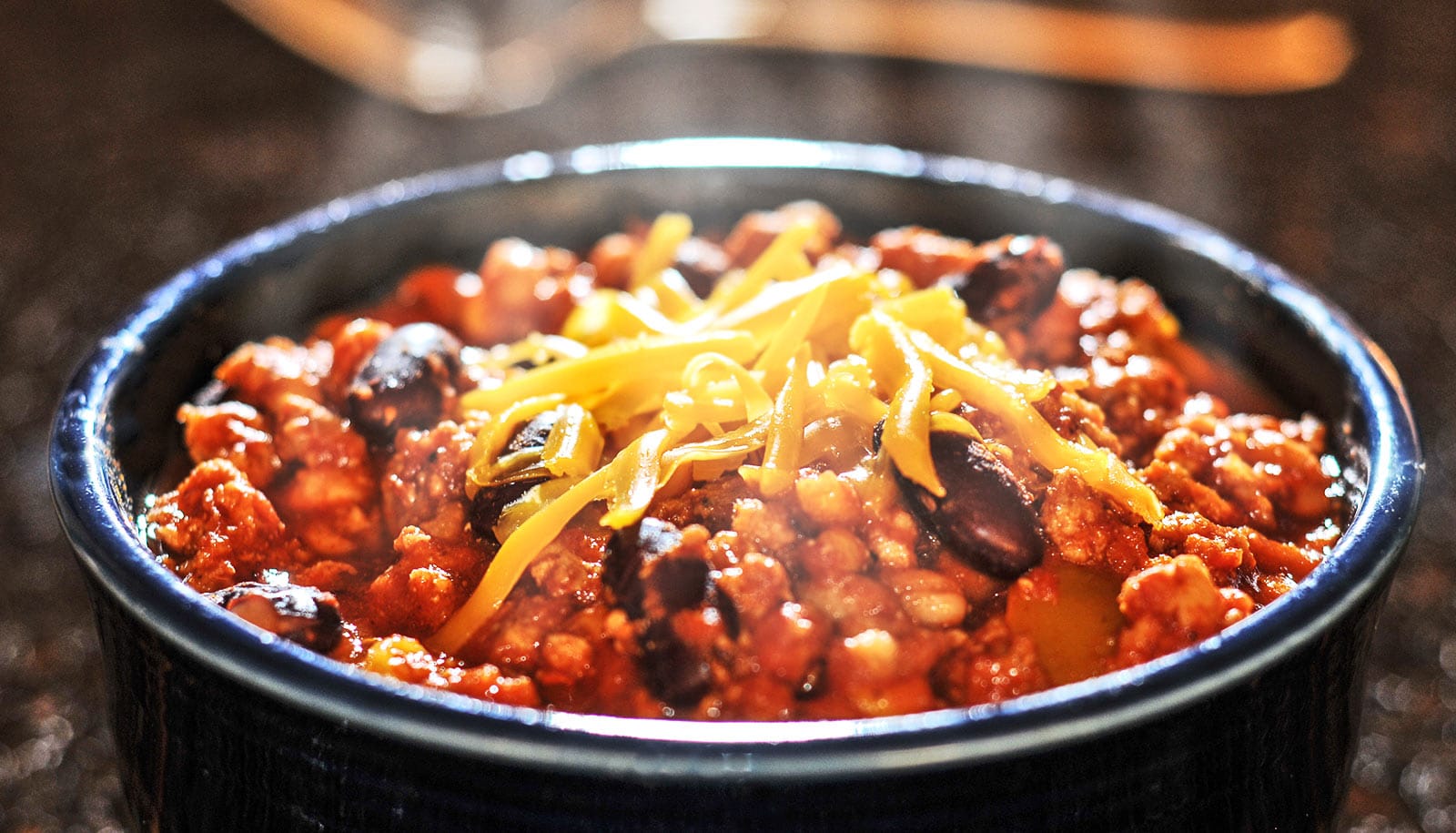Food scientists have given a soybean byproduct called okara a nutritional and flavor makeover with enzymes and beneficial microbes.
Okara is the soybean residue leftover after the production of soymilk and tofu. Singapore alone produces about 10,000 tonnes of okara annually. Okara spoils easily, has an unpleasant smell, and is not palatable, so most soy food producers usually dispose of it.
With the aim of reducing food waste, Professor Liu Shao Quan and his research team from the Food Science and Technology Programme at the National University of Singapore’s chemistry department have developed a biotransformation process for okara. They used a combination of natural microorganisms and enzymes to convert it into a high-value food ingredient with better nutritional value and enhanced flavor.
After this transformation, the okara contains more soluble fiber, which helps to maintain gut health. It also acquires a meaty taste and becomes easier to digest as the insoluble fibers are broken down. This makes it suitable for a variety of food products, such as baked goods and meat substitutes.
‘Equol’ may determine if soy protects your heart
“The biotransformation process requires adding a microbial starter to (steamed and cooled) okara, and allowing it to ferment in a clean, enclosed space for about one to two days,” says Liu. “Okara is essentially free (or very cheap), and the starters are very affordable. The main cost involved will be in transporting the okara, steaming it, and having the space for biotransformation to take place.”
Vong Weng Chan, a PhD student on the research team, says, “The okara can be fermented directly after it is produced, without the need for intermediate processing. Also, the high moisture content in okara promotes microbial growth, enhancing the fermentation process.”
The findings appear in Applied Microbiology and Biotechnology.
Source: National University of Singapore



